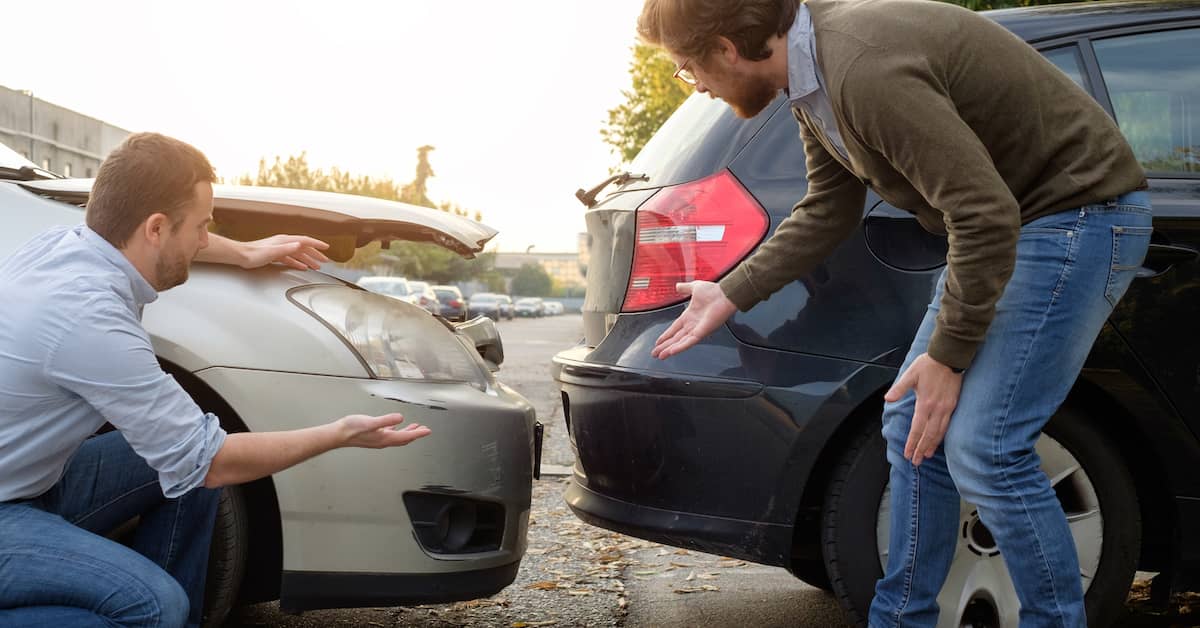
Car accidents can vary widely in terms of their severity. While some collisions can leave both vehicles damaged beyond repair, others can cause only minor damage that has no impact on a car’s safety or drivability.
When is damage from a car accident considered “minor,” and why is this important? Here’s what you need to know if you have been involved in a car accident in New York:
The Extent of the Damage Can Impact Your Reporting Obligations
In New York, the extent of the damage caused by an accident can impact your obligation to report the accident. Specifically, it can impact your obligation to report the accident to the New York Department of Motor Vehicles (DMV).
Under New York law, a driver must report an accident to the DMV if the accident results in
- Injury,
- Death,
AND/OR - More than $1,000 in damage to any vehicle
Less than $1,000 in damage can generally be considered “minor,” though there is not a precise definition of “minor” vehicle damage under New York law.
How do you know if the damage to your vehicle (or someone else’s vehicle) will cost more than $1,000 to repair? While you can (and should) get an estimate for your vehicle promptly, you won’t necessarily know what repair bills the other driver will incur. Repairs can be surprisingly expensive, and even seemingly minor damage can easily require thousands of dollars worth of repairs.
Additionally, even if a vehicle appears to have suffered only minor exterior damage, there could be internal damage that requires extensive – and expensive – repairs. For example, in a front-end collision, the car’s radiator and various other components behind the front bumper may need to be replaced even if the visible damage is minimal. If you aren’t sure whether you need to report your accident to the DMV, you can file a report to be safe, or you can seek advice from an attorney.
Common Forms of Minor Damage in Car Accidents
Just as car accidents can cause various types of injuries, they can also cause many different types of vehicle damage. The following types of damage are all generally considered “minor,” though they could still easily add up to cost well more than $1,000 to repair:
- Scratches in the paint
- Dings in the hood or windshield from gravel or debris
- Scuffs from tires, barriers, and other objects
- Dents in doors and body panels
- Punctured tires
- “Road rash” on wheels
- Cracked headlights or taillights
Occasionally, internal damage caused by a collision can be relatively minor as well. For example, if the cooling fins on a radiator get damaged by a piece of debris that passes through a car’s grill, replacing the radiator may be a fairly simple (and relatively inexpensive) repair.
However, oftentimes when a car suffers internal damage there will be external damage as well. Repair bills can add up quickly in such a scenario.
Making Sure Your Car Gets Repaired Correctly According to Your Insurance Policy
Even if your car has only suffered minor damage in an accident, it will still be important to ensure that your car gets repaired correctly and in accordance with the terms of your insurance policy. If your car needs paintwork, are you entitled to have the entire damaged panel repainted, or can the body shop simply touch up the damaged area? If your car needs a new tire, are you entitled to a new matching tire, or does your insurance company only have to pay for a used replacement?
The answers to these types of questions will depend on the specific insurance coverage you have purchased.
You will also want to make sure you receive all of the other benefits that are available to you under your auto insurance policy. Are you entitled to a loaner vehicle while your car is in the shop? Do you have a claim for personal injury protection (PIP) coverage?
These aren’t necessarily questions that your insurance adjuster will answer for you. To make sure you fully enforce your rights and receive the maximum insurance coverage available, you should discuss your claim with an experienced New York car accident attorney.
Speak to a Car Accident Attorney Today
As you can see, “minor” damage can be difficult to define. It is important not to assume that the damage to your vehicle (as well as the injuries you sustain) are minimal.
Rather, it is in your best interest to contact a lawyer and discuss your options for filing a claim. The attorneys at O’Connor & Partners, PLLC have extensive experience serving clients in Kingston, Newburgh, Poughkeepsie, and other areas of New York.
If you have questions about filing an insurance claim after a car accident, call O’Connor & Partners, PLLC at (845) 303-8777 today. Your initial consultation is free.
